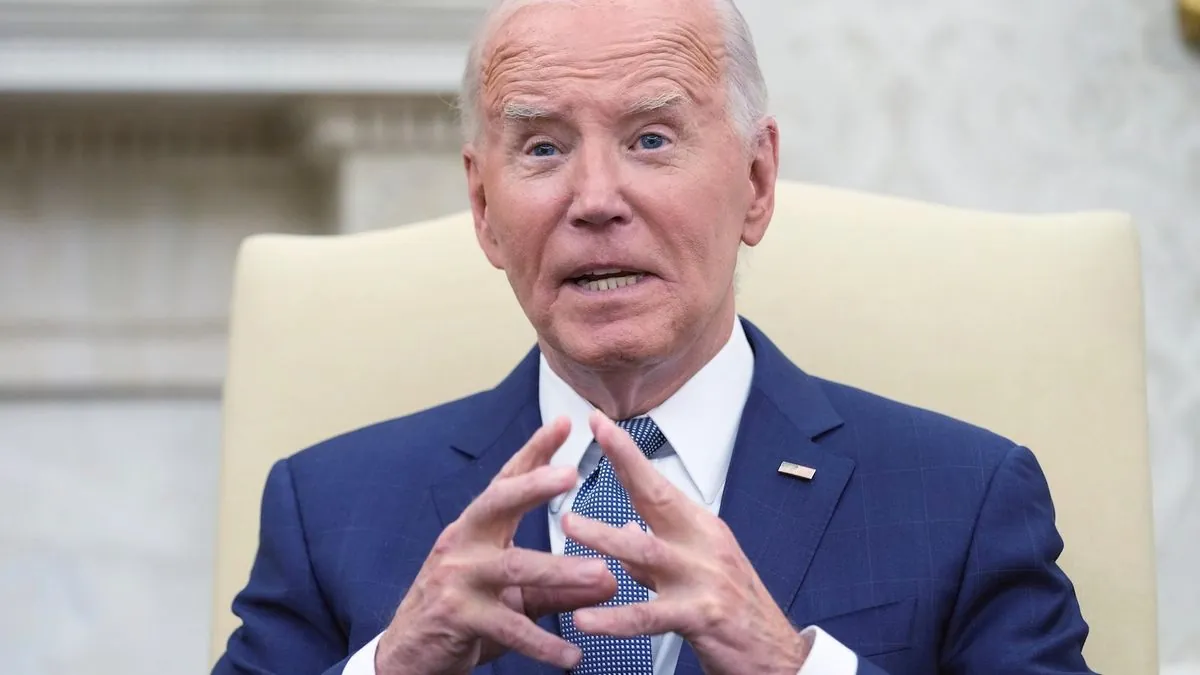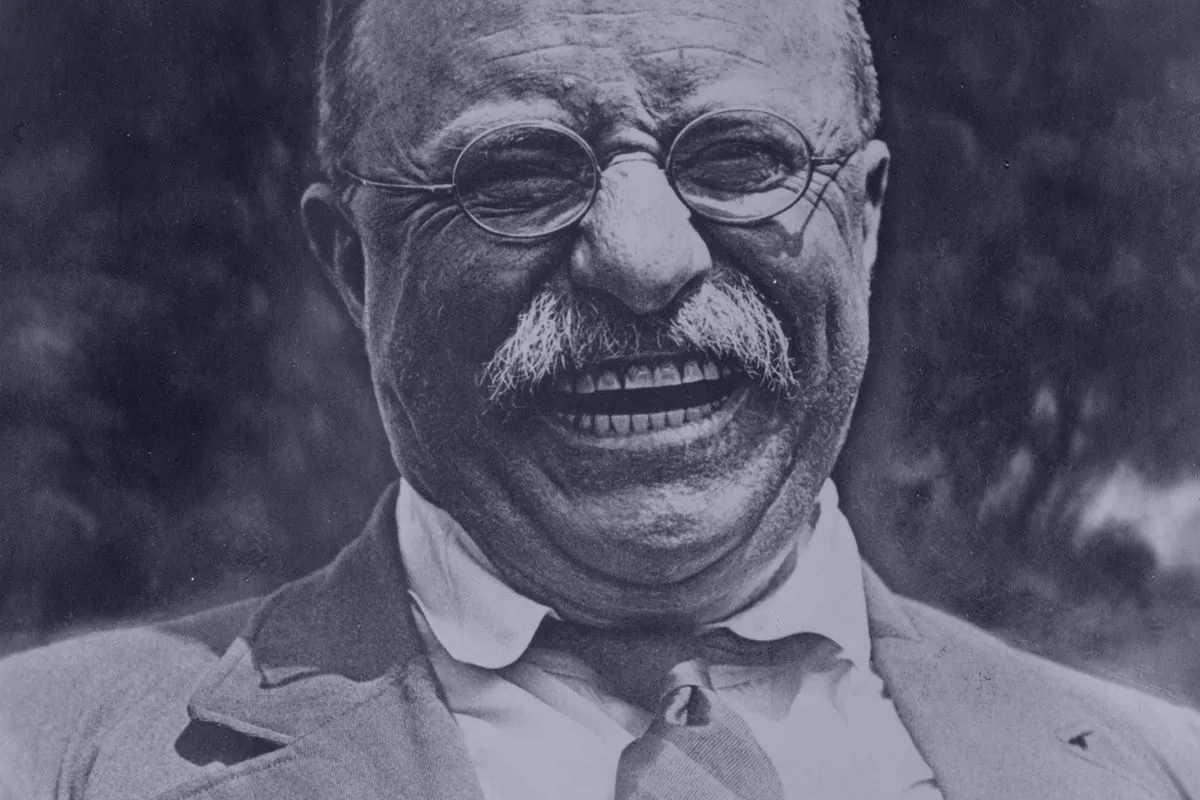Biden's Lame-Duck Presidency: Challenges and Historical Context
President Biden enters lame-duck status earlier than usual, facing challenges in implementing reforms. Historical examples show mixed success for outgoing presidents, with legacy hinging on election outcomes.

On July 21, 2024, Joe Biden entered his lame-duck presidency, marking a significant shift in his political trajectory. The following day, he visited the Lyndon Johnson Presidential Library in Austin, Texas, commemorating the Civil Rights Act of 1964, a landmark legislation signed by President Johnson.
Biden's early lame-duck status, occurring 18 months before the end of his term, presents unique challenges and opportunities. Freed from re-election concerns, he plans to propose bold reforms, including Supreme Court term limits and a constitutional amendment to limit presidential immunity from criminal prosecution.
Historically, lame-duck periods have yielded mixed results for presidents. The 20th Amendment, ratified in 1933, shortened the transition period from March to January, limiting the time available for outgoing presidents to act. However, some have achieved significant goals during this period.
Notable successes include:

Executive actions have also been a powerful tool for lame-duck presidents. In 2000, Clinton established the Northwestern Hawaiian Islands Coral Reef Ecosystem Reserve, while Barack Obama issued an order addressing cyber threats to the democratic process in 2016.
However, lame-duck periods have also seen significant challenges. Historical examples include:
Biden faces considerable obstacles in his remaining months. Congressional opposition is likely to intensify, making it difficult to secure legislative victories. Foreign policy challenges, particularly in the Middle East and Ukraine, remain complex and unresolved.
Ultimately, Biden's legacy may hinge more on the outcome of the upcoming presidential and congressional elections than on his actions during this period. A victory for his successor could cement his decision to withdraw as a historic move, while a loss could lead to the reversal of his accomplishments.
"Nothing would be more devastating to how Biden goes down in the history books than a victory by Trump. Not only would such an outcome constitute a repudiation of what the president has accomplished in terms of his policy record and his governing style, but Biden would be blamed for having stifled any primary challenges and having waited too long to step down."
As Biden navigates this challenging period, he joins a long line of presidents who have faced the unique constraints and opportunities of lame-duck status, each leaving their mark on American history in distinct ways.


































